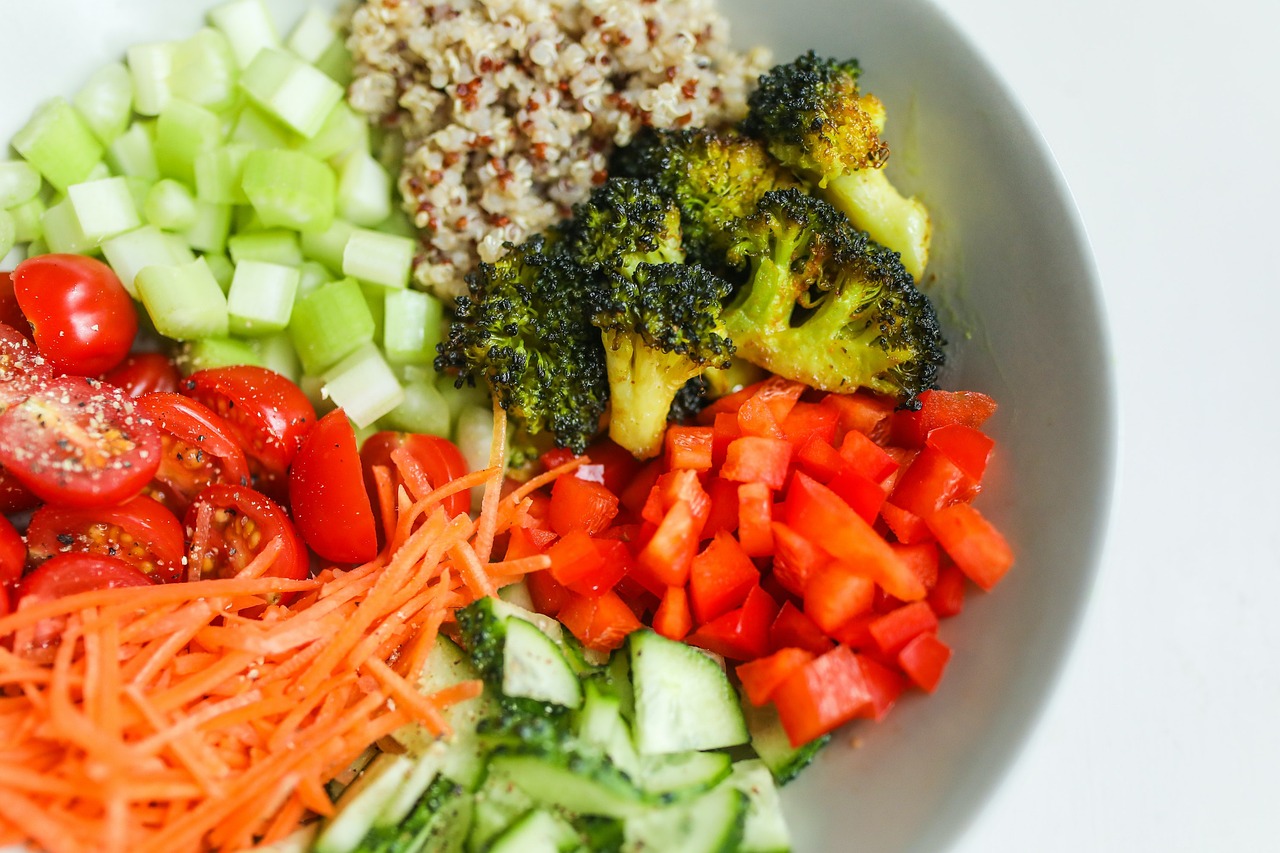Living with COPD means making some lifestyle changes, but these adjustments can greatly improve your symptoms and overall well-being. The most important change for any COPD patient is quitting smoking. Smoking is the leading cause of COPD, and continuing to smoke will only worsen your condition.
By quitting, you allow your lungs a chance to heal and prevent further damage. It’s not easy, but with support programs, nicotine replacement therapies, and a plan, many people successfully quit and feel the difference in their breathing and energy levels.
A healthy diet is also essential for managing COPD. Eating balanced meals rich in fruits, vegetables, lean proteins, and whole grains helps your body stay strong and fight infections. Consider adding foods rich in antioxidants like berries, nuts, and green leafy vegetables, which can reduce inflammation in your lungs. If you’re overweight or underweight, working with a healthcare provider to find the right diet plan can make breathing easier and improve your overall stamina.
Exercise might seem daunting when you struggle to catch your breath, but regular physical activity can strengthen your respiratory muscles and improve your endurance. Even light exercises like walking or stretching can have a positive impact. Pulmonary rehabilitation programs are often a great option for COPD patients, providing supervised exercise routines tailored to your abilities. In addition to exercise, supplements like omega-3 fatty acids and vitamin D can also support lung health, reduce inflammation, and boost your immune system.
Always consult with your doctor before adding any supplements, but these small changes can have a big impact on your COPD symptoms and overall quality of life.

